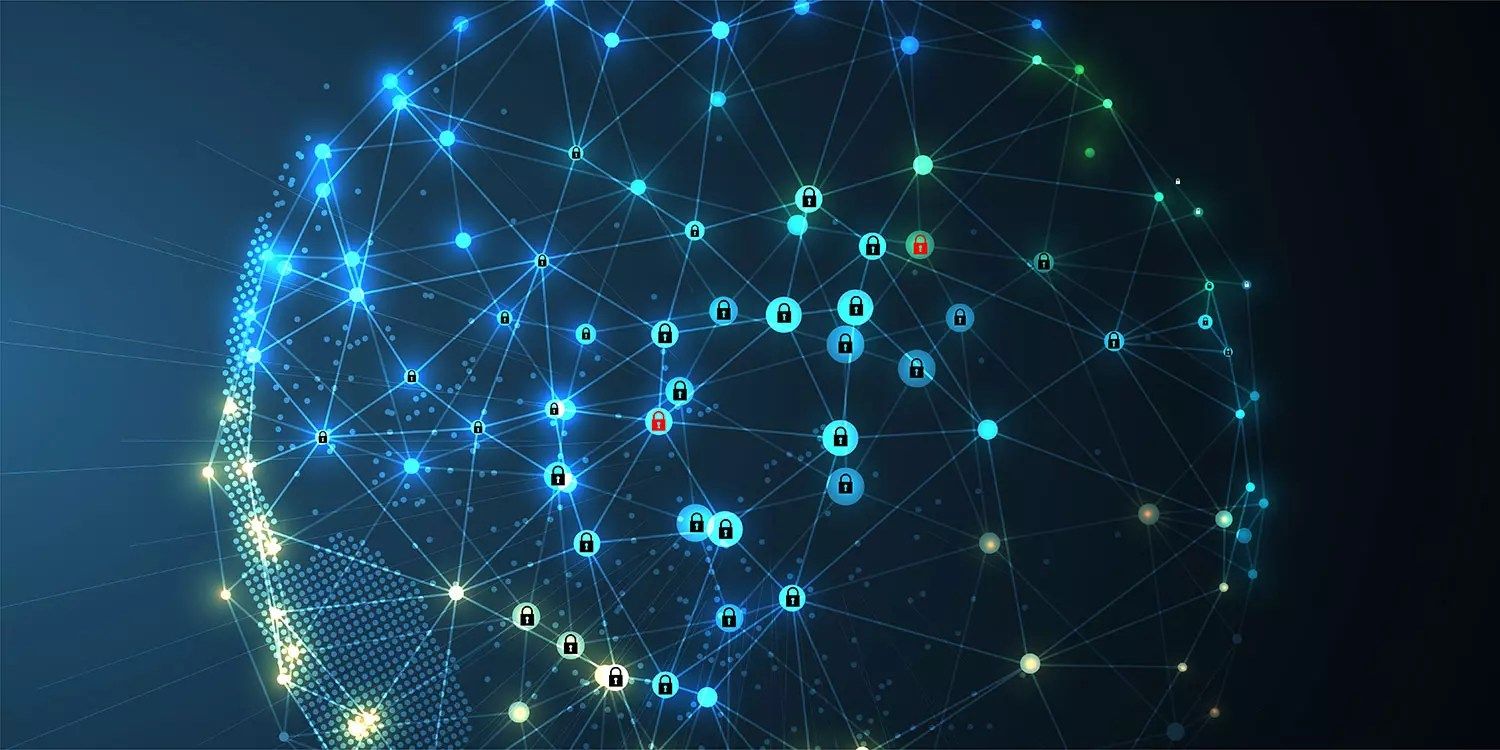Why the Organisation of Tomorrow comes with Great Responsibility

The organisation of tomorrow will be built around data using emerging technologies. Big data analytics empowers consumers and employees. This will result in real-time decision making and a better understanding of the changing environment. Blockchain enables peer-to-peer collaboration and trustless interactions governed by cryptography and smart contracts. Meanwhile, artificial intelligence allows for new and different levels of intensity and involvement among human and artificial actors.
When big data analytics, blockchain and AI are combined, it will change collaboration among individuals, organisations and things. When implemented correctly, these technologies can significantly improve consumer engagement, increase transparency, reduce costs and improve production efficiency or service delivery. Organisations can now leverage data and embed learning in every process. As such, data-driven organisations will experience great opportunities to deliver personalised products and services and remain competitive.
However, with great opportunities come great responsibilities. The organisation of tomorrow should be aware that there should be a balance between the technology used, the data analysed, the products created, the impact on the environment and the profit pursued. Without such balance, relentlessly pursuing shareholder can quickly damage your customers’ privacy and rights as we have so clearly seen with Facebook.
A data-driven approach is extremely powerful, especially with the right tools to use that data. However, it should not be at the expense of your customers, your employees or the environment. Here are three reasons why the organisation of tomorrow comes with great responsibility and how to ensure that all stakeholders benefit from your data-driven approach:
Biased Data and Biased Humans Create Biased Algorithms
Algorithms are black boxes. The more advanced they become, the more difficult to understand the reasoning behind decisions. This would not be a problem if algorithms would not make any mistakes. Unfortunately, algorithms are created by biased humans, and most algorithms are trained with biased data. AI preserves the biases inherent in the dataset and its underlying code, resulting in biased outputs that could inflict significant damage.
AI is not immune to the ‘garbage in, garbage out’ imperative and organisations should prevent the use of biased data when dealing with AI. Biased training data can negatively affect business outcomes, which is why data governance is important to ensure high-quality, non-biased, data.
When AI can collect unbiased data, for example, through unbiased sensors, unbiased automated decision-making becomes possible. However, unbiased data alone is not enough, as algorithms are also affected by the (cognitive) bias of human designers. Developers who create algorithms are, by definition biased. Whether it is the company culture, their upbringing, their education, or where they live. All these variables influence a person’s character and with that their work. In addition, people tend to suffer from cognitive biases—that is, they look for what they know (focusing on data that reaffirms beliefs), see patterns in data in which none exist (due to the illusion of understanding), ask the wrong questions (and ignore evidence) and overestimate their knowledge (resulting in tunnel vision). Even more, bias can also appear in the selection and tweaking of an algorithm by the data scientist, even when the machine learning algorithm did not require any data.
Consequently, achieving unbiased algorithms is highly challenging, especially when the rationale of the algorithm is not clear. However, having a multi-eyes principle when writing the algorithm as well as being aware of the possibility of bias can help a long way. The more an organisation becomes an algorithmic business, the more important AI governance becomes.
Security, Security and Security
In a world that increasingly revolves around data, security is key. Unfortunately, too often, organisations do not take security seriously. The number of data breaches grows every day. From the global hotel chain Marriott confirming the Starwood data hack, where 500 million customer profiles and credit card details were stolen, to Quora acknowledging that 100 million user profiles were hacked. Moreover, the average Internet of Things device is so easy to hack that almost anyone can hack it.
With data becoming more important, so will the attention of hackers to steal data or hack your products, services or servers. More than ever, data security is vital if we wish to benefit from data. It is a key requirement for the organisation of tomorrow because one hack can ruin your organisation (in 2011, the Dutch company DigiNotar, a commercial certificate authority, was declared bankrupt after it was hacked).
I cannot stress it enough, but data security should be a board-level priority for any organisation nowadays. Especially in a post-quantum computing era, when all existing encryption will become useless. Moreover, data security in tomorrow’s organisations will be fundamentally different than data security today due to the rise of increasingly intelligent machines autonomously hacking organisations. As such, one of the greatest responsibilities of the organisation of tomorrow is to ensure the highest level of data security.
Ensuring a Self-Sovereign Identity
Increasingly, big data is invading consumers’ lives and affecting their privacy because the web has become such a centralised platform. As a result, there is a major problem with having centralised organisations collecting so much consumer data and using it to offer personalised advertising to their users.
As Jonathan Taplin discussed in his book Move Fast and Break Things, organisations that have access to so much data and use it to steer consumer behaviour could directly undermine our democracy. Centralised organisations do not forget or forgive since actions (i.e. data) speak louder than words. As long as consumers are not in control of their own data, it is possible that human beings are being defined by their data without being able to influence it.
A solution is the incorporation of a self-sovereign identity. This an identity that is owned and controlled by the person or the device that created it. A self-sovereign identity can be defined by the 5P’s as it is personal (it is about you), portable (meaning you can take your identity and data from one platform to another), private (you control your identity and data), persistent (it does not change without your consent) and protected (your identity cannot be stolen). In other words, a self-sovereign identity is a paradigm shift from today’s identity system. It will drastically change how organisations are able to deal with customer data. Instead of the organisation deciding what to do with your data, you can decide which information you want to release to which organisation and when.
As such, a self-sovereign identity offers many advantages to consumers and is the only possible solution in the long run. Therefore, it is the responsibility of the organisation of tomorrow to start moving towards a self-sovereign identity today.
Final Thoughts
The organisation of tomorrow brings great opportunities but also comes with great responsibilities. Only when organisations ensure data security, data governance, data privacy, and works with unbiased algorithms, can they expect long-lasting, loyal customers. In the future, switching costs are likely to reduce dramatically and, it, therefore, comes down to offering the best possible service/product for the best price. And if you do so, and take care of your customers, your customers will take care of your shareholders.
Image: vs148/Shutterstock





